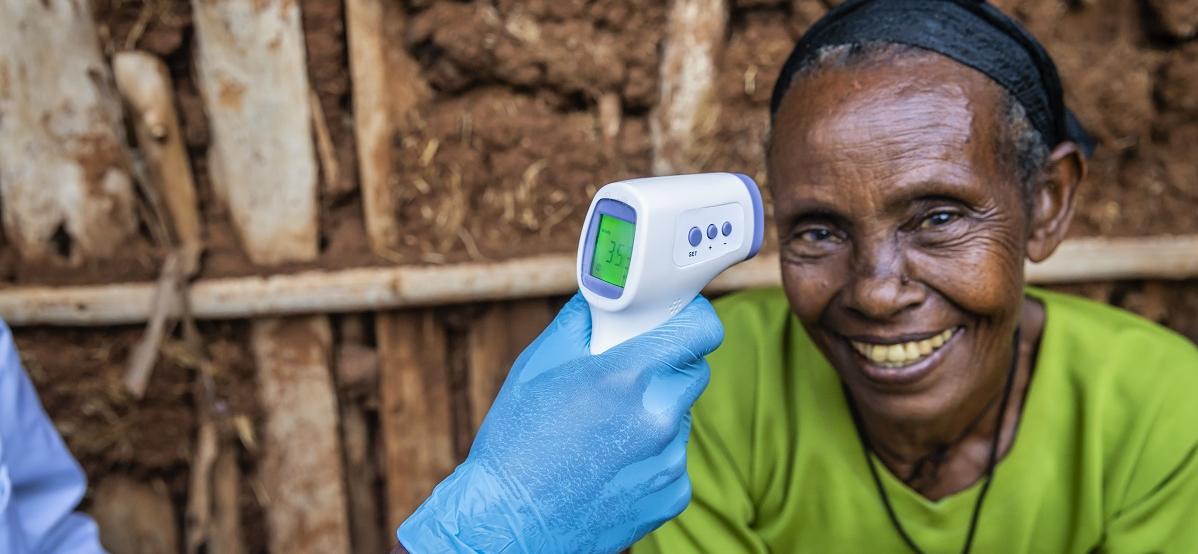Overview
Primary healthcare workers (PHC) play a vital role in delivering dementia care in low- and middle-income countries. However, there is a significant gap in the knowledge and practice of dementia among PHC workers, leading to underdiagnosis or misdiagnosis of dementia as a primary psychiatric disorder. The World Health Organization (WHO) has emphasized the importance of providing competency-based training to PHC workers, as it can have a positive impact on the quality of care provided. Implementing culturally appropriate and context-specific training programs would enhance the confidence of PHC workers in diagnosing and evaluating patients with dementia.
Project Details
The objective of this project is to develop, implement, and evaluate a comprehensive and culturally adapted competency-based dementia training program for primary healthcare workers (PHC). Fifty-five primary healthcare workers, including MSc and BSc psychiatry nurses, will be recruited from three geographic sites in Addis Ababa to participate in the training program. The training will take place at Amanuel Mental Specialized Hospital and will span a total of 22 hours. To assess the knowledge and confidence of the trainees, Kirkpatrick's four-level training model will be utilized, employing rating scales such as Alzheimer’s Disease Knowledge Scale "ADKS" and the Confidence in Dementia Scale "CODS" upon completion of the training. Additionally, a survey will be conducted in the 3rd and 4th quarters following the training to evaluate the trainees' practice. Referral rates and case identification rates will be gathered from the health management information system (HMIS) during the 3rd and 4th quarters of the year, both from the study and control sites in the city. Statistical analysis will be performed using SPSS V.25, employing a paired sample T-test to assess knowledge and ANOVA to analyze practice and referrals. The expected result of the pilot would be improved knowledge, and practice of dementia among primary healthcare workers, and increased diagnosis and referral.





